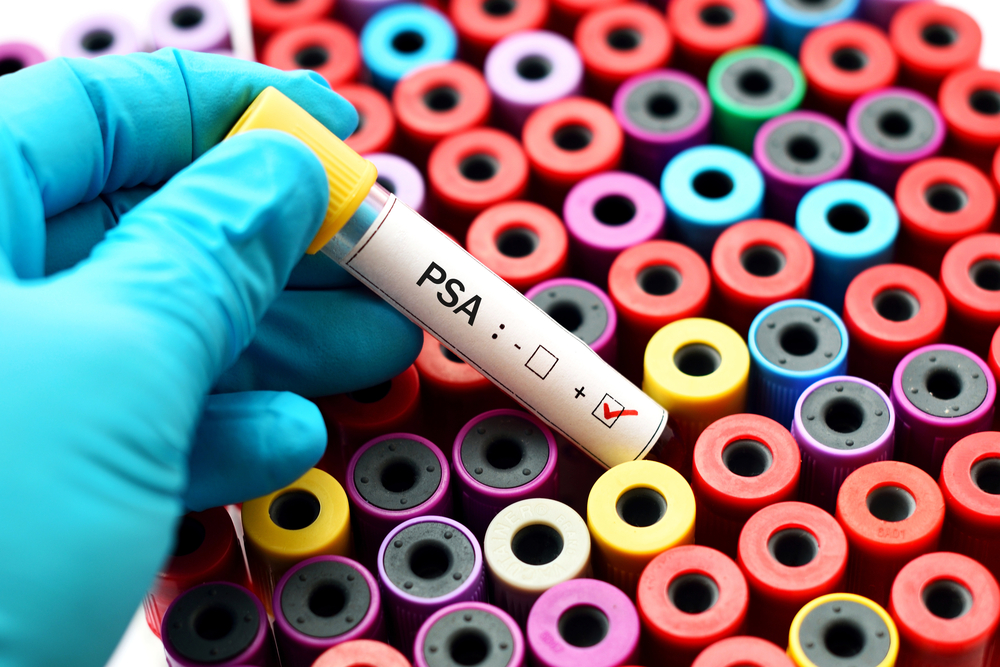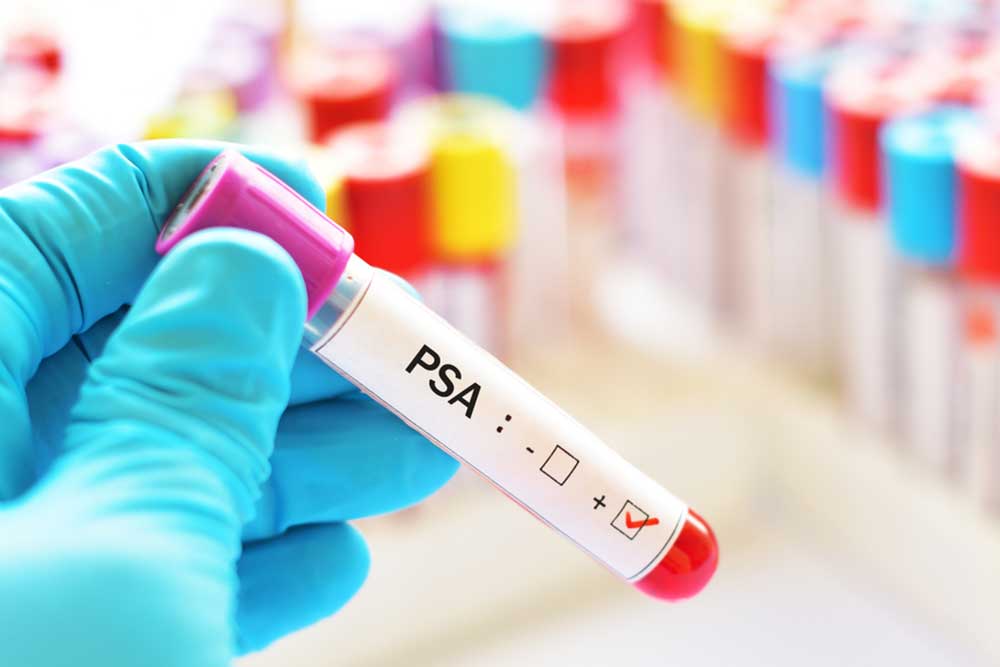Debunking the Top 5 Myths About Prostate Cancer
This article clarifies common misconceptions about prostate cancer, highlighting that symptoms, transmission, and diagnostic methods are often misunderstood. Recognizing the truth can promote early detection and proper treatment. Always consult healthcare professionals for accurate diagnosis and personalized advice.

Debunking the Top 5 Myths About Prostate Cancer
Prostate cancer is highly treatable, especially when diagnosed early. If you've been diagnosed, it’s natural to feel overwhelmed, but understanding the truth behind common misconceptions can help. Many beliefs about prostate cancer are inaccurate and can hinder timely detection and treatment. Here are some widespread myths you should ignore:
Urinary symptoms always indicate prostate cancer. This is false. Early-stage prostate cancer often presents no urinary issues. The presence of symptoms typically appears later in the disease progression.
Engaging in sex can improve prostate cancer health. There’s no scientific evidence that sexual activity impacts prostate cancer progression or recovery. While lifestyle changes may be beneficial, sex itself isn't proven to influence health outcomes in this context.
Prostate cancer cannot be transmitted through sex. This is correct; cancer cells are not contagious. Prostate cancer results from abnormal cell growth, which cannot spread between individuals via sexual contact.
A PSA test is the sole method to diagnose prostate cancer. Although PSA testing is a useful screening tool, it isn't definitive. Confirmatory diagnostics like biopsy and digital rectal exams (DRE) are essential for an accurate diagnosis.
A normal DRE rules out prostate cancer. DRE can detect certain abnormalities but is only about 50% effective. Normal results do not completely exclude cancer presence.
These misconceptions are common but false. Always consult a healthcare professional for accurate information and diagnosis.










